Meta Horizon OS could repeat Android's biggest problem if Meta isn't careful
Meta is making "the Android of VR," but not everyone is convinced that's a good thing.
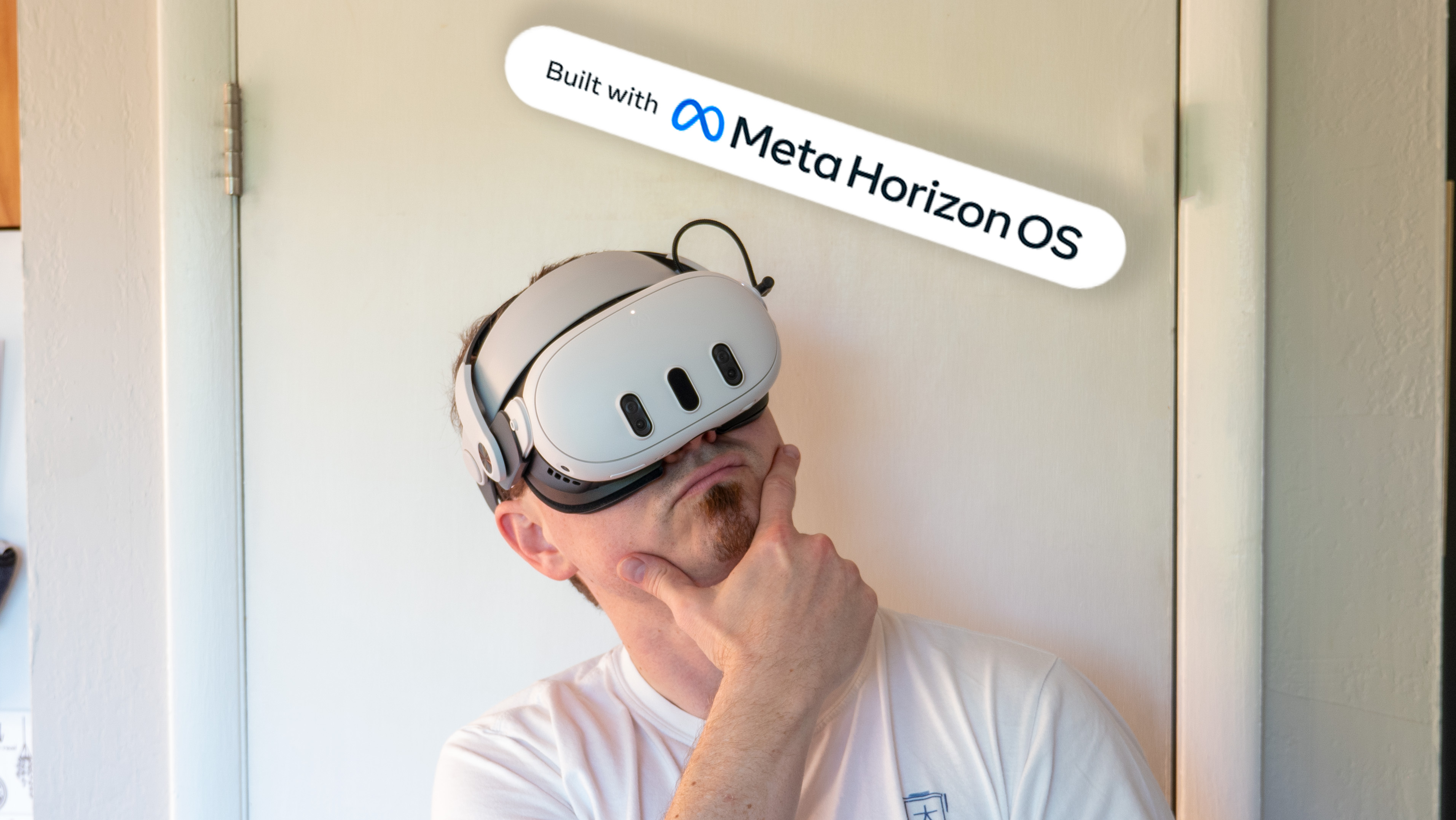
Meta made waves this week when it announced Meta Horizon OS, a rebranding of the Meta Quest operating system. This new OS will work similarly to Android or Windows, allowing companies like Lenovo, ASUS ROG, and even Xbox to develop their own headsets without worrying about the operating system layer.
In a way, this means Meta's first-party headsets, like the Meta Quest 3, will become far more similar to a Google Pixel. Meta has its own hardware and, like Google, will also maintain the operating system behind it while simultaneously supporting other companies using that same OS. It's a lot more complicated than ever, and that's making a few VR developers nervous.
Max Weisel, founder of development house Normal VR and creator of the eSports game Nock, compares the move to Android phones that all have different hardware qualities and often never run the same operating system version. This makes it difficult to optimize for a specific piece of hardware and also means developers have to bug test the same things on more than one headset, adding time and stress to already difficult development cycles.
Being the "Android of VR" can sound very positive, but it also carries a lot of development baggage with the term.
But Road to VR's Ben Lang notes that Meta Horizon OS isn't "truly open." That means people can't just make a VR headset in their basement, get Meta Horizon OS running on it, and mass produce it for sale. Meta has to approve headsets before they can run Meta Horizon OS, and the company is only allowing specific hardware configurations at this time.
That means every new headset that'll ship in the near future—whether that means the limited-edition Xbox VR headset, the Lenovo productivity-focused headset, or the Asus ROG ultimate VR gamer headset—will be powered by the Qualcomm Snapdragon XR2 Gen 2 or XR2+ Gen 2 processor.
That substantially limits potential hardware problems since most headsets will run similar internals. The biggest differences will likely revolve around headset design and display resolution.
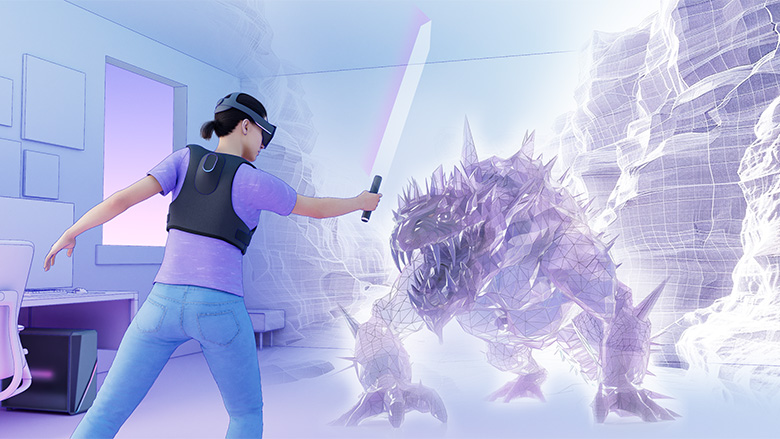
The only exception is the ASUS ROG headset, which is rumored to potentially ship with a haptic feedback vest or some kind of other experience-enhancing accessories. On the bright side, though, accessories like the bHaptics vest are already officially supported in the current Meta Horizon OS that runs on Meta Quest headsets.
Be an expert in 5 minutes
Get the latest news from Android Central, your trusted companion in the world of Android
Most headsets will remain fairly similar in specs, but the Asus ROG headset could ship with additonal peripherals that need support.
Still, we don't know how Meta will handle updates and other features on non-Meta-built headsets. The company is still relatively early in the planning stages and isn't ready to reveal all of its secrets and, unfortunately for us, this is one of the current mysteries.
Ironically, as Road to VR points out, bringing a more open operating system to market was the original plan all along, even if Meta put the option on the back burner for nearly a decade.
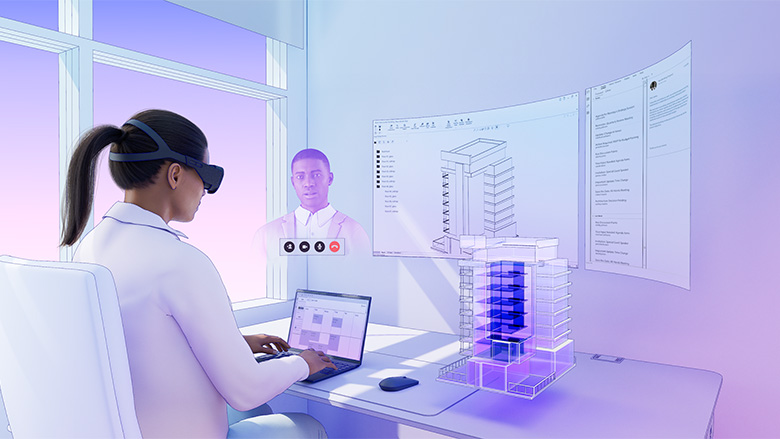
Former Oculus CTO John Carmack also voiced his concern over the move. "This initiative will be a drag on software development at Meta. Unquestionably." Carmack has been a critic of Meta's operating system development for years.
In December 2022 when he left his position at Meta, he said "we have a ridiculous amount of people and resources, but we constantly self-sabotage and squander effort. There is no way to sugar coat this, I think our organization is operating at half the effectiveness that would make me happy."
We don't know how Meta will handle updates and other features on non-Meta-built headsets, and that could potentially spell trouble for developers.
This was almost entirely directed at the software side of things, which Carmack was most focused on and concerned about. In essence, he noted that the Quest OS was a mess and needed a total overhaul to fully take advantage of the hardware it powered.
It's not immediately clear if Meta has done this, but the company is launching a UI overhaul later this year, likely coinciding with the potential release of the first Meta Horizon OS-powered headsets.
Renji Bijoy, founder of Immersed and creator of the upcoming Visor headset, is more skeptical than negative about the move, saying that "3rd-party Horizon OS headsets may really struggle to sell a meaningful number of headsets compared to Meta's all-purpose headsets that are MUCH less expensive."
The idea is that Meta sells its headsets at cost, and examples like the recent price drop of the Quest 2 prove that Meta is willing to price its headsets incredibly low to sell volumes of them. In other words, that won't work well for 3rd parties unless they can focus on one particular niche very well.

More platforms ultimately means more players, helping fund further development.
While several prominent folks have criticized this move, Resolution Games' CEO, Tommy Palm, is much more positive about it. Resolution Games makes some of the best Meta Quest games, including Angry Birds VR, Demeo, and Racket Club, and it is even behind Game Room on the Apple Vision Pro, so it knows a thing or two about multiplatform VR development.
Palm tells me his company currently employs around 100 people, which is large for a dedicated VR developer. As such, it likely will have the resources to handle any additional quality assurance testing that might be required from additional VR headsets in the market.
"More platforms means more competition and more marketing, but it's going to end up bringing in more players" says Palm. More widescale development "has been tricky up to this point because the audience hasn't been big enough to support the type of games you see on console or [non-VR] PC."
This move could solve that.
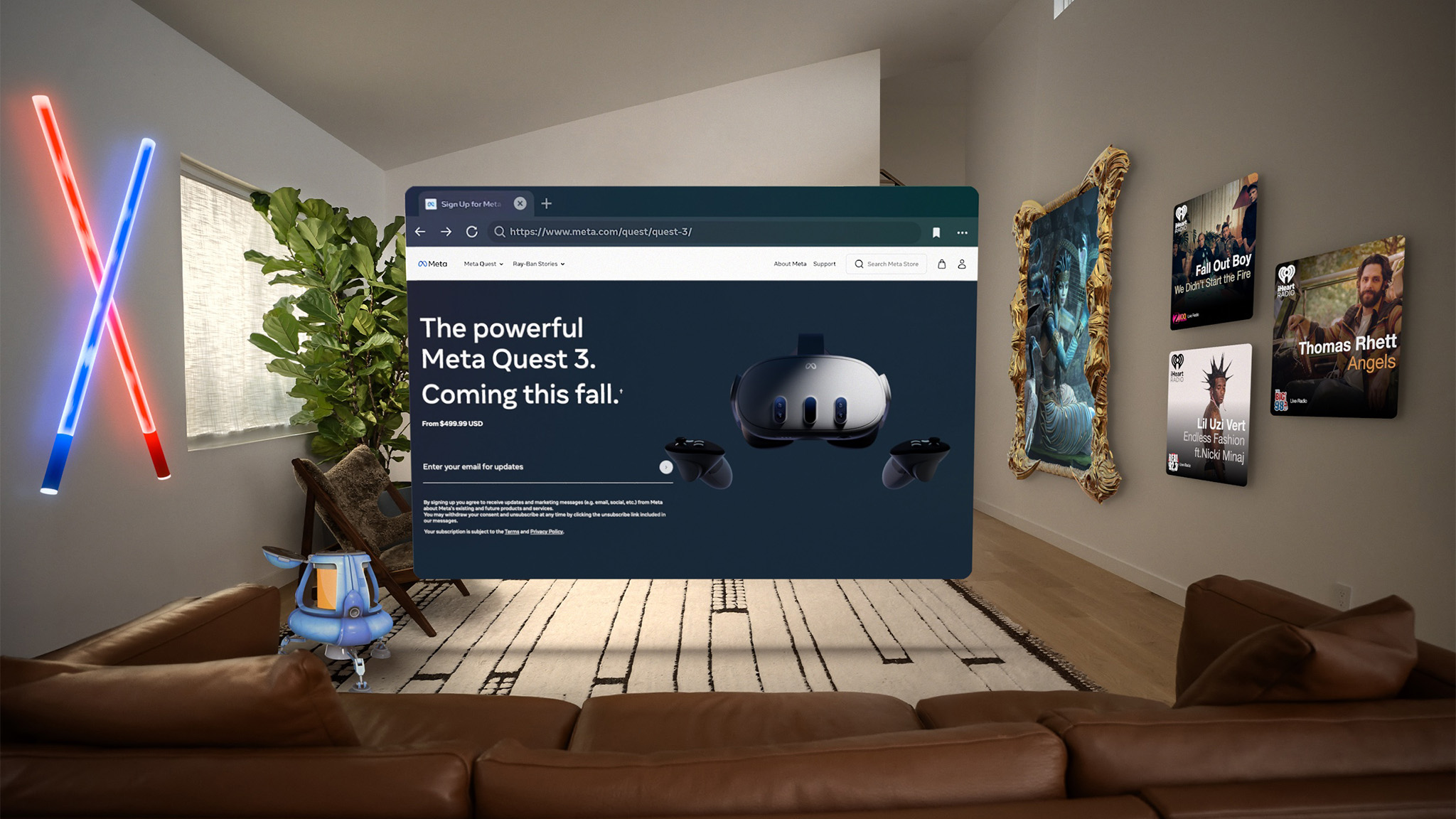
When I asked if Resolution Games finds Steam VR development more difficult because of the number of headsets and different hardware configurations, he simply replied, "I wouldn't say so."
"There's a little bit of edge cases and outliers on hardware that isn't that common that we haven't tested on, and we'll see a comment and then we we have to dig it up somewhere and look at it. But it's rare."
In other words, while the company does run across situations where some hardware configurations cause issues, many are niche pieces of hardware, and most of them seem relatively easy to fix, based on the conversation. Because of the way Meta appears to be structuring its platform, it's unlikely these situations will repeat themselves during Meta Horizon OS development.
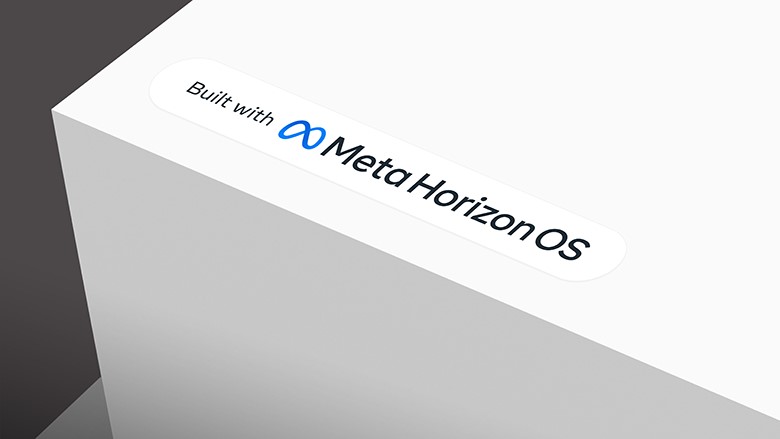
Development is friendlier today than ever, according to veteran developers, but competition is also more fierce.
Palm went on to praise the tools available today compared to when he started professionally programming video games 25 years ago.
"The tools today, like Unity and Unreal, takes a lot of the super hard work away. I'm saying that as somebody who worked 25 years with game development so I remember the pains of having to do all these different platforms. Most of the, you know, younger indies don't even think about that because that's a that's a thing of the past."
If Meta is able to successfully create a set of tools that developers can use to create bespoke applications for its ecosystem—not too dissimilar to iOS development—it may very well be able to get beyond the stigma that multiplatform development carries. But until then, it seems that many people may remain skeptical.

You must confirm your public display name before commenting
Please logout and then login again, you will then be prompted to enter your display name.
